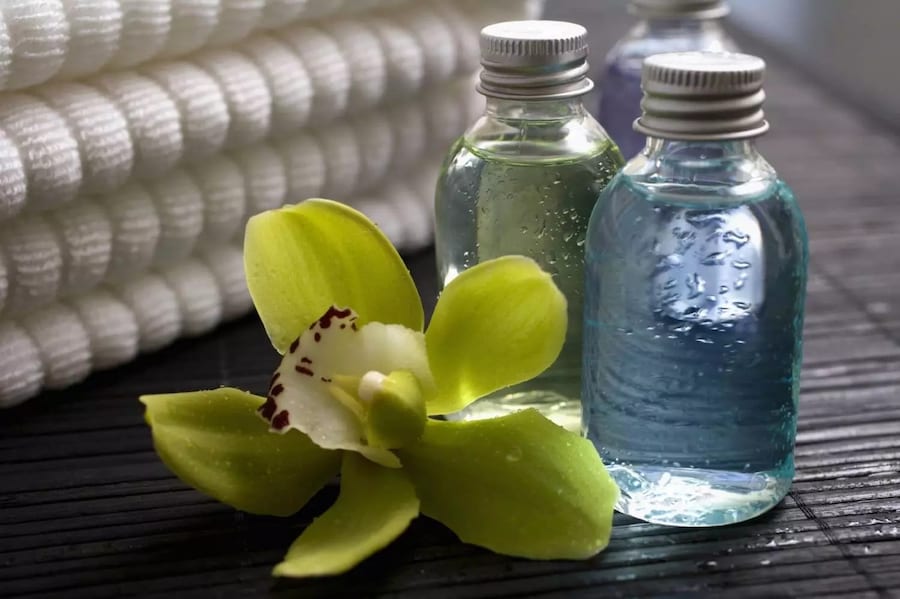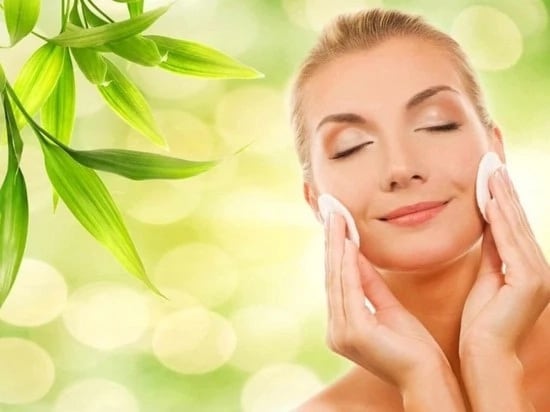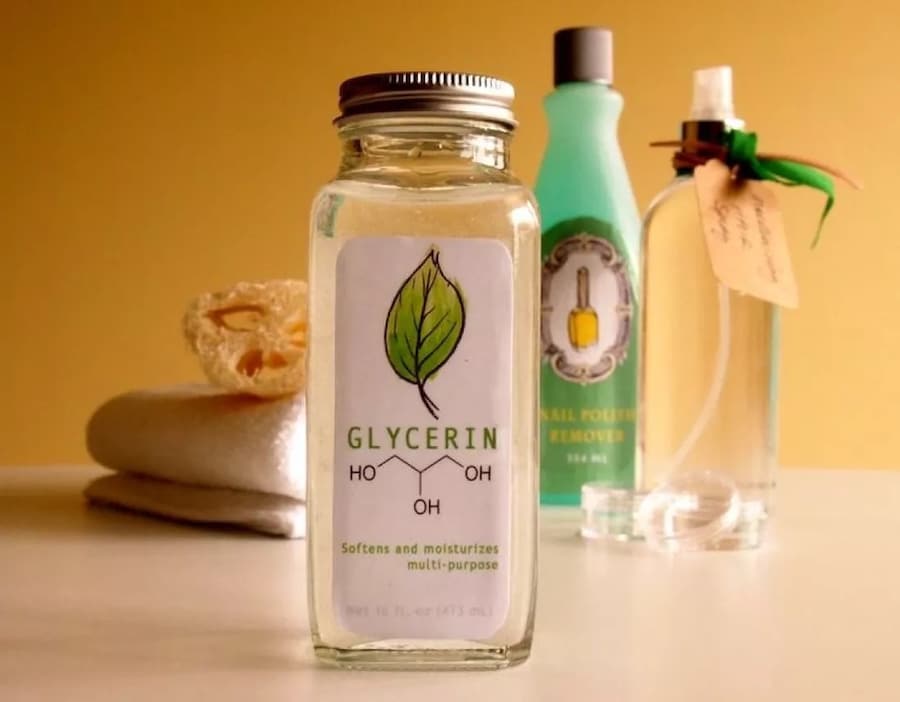Glycerin makes the skin soft and silky, which is why it is attractive for those who care about their health and beauty. But is glycerin safe for the face? We will understand.
What is glycerin
Glycerin is a chemical fluid that is obtained by treating fats. They may be animal or vegetable. In the creation of cosmetics using fats of plant origin.
On the Internet you can find the separation of glycerol into natural and synthetic. However, research scientists confirmed that there is no difference between them. Moreover, it is very difficult to even distinguish glycerin of different origin.
The substance in any case is formed as a result of a chemical process, and therefore the division into natural and synthetic conditional, and the properties of glycerin remain the same. They allow nutrients to penetrate deep into the skin, moisturizing and reducing sensitivity.

Glycerin for the face: benefits
Beauticians have long noticed that glycerin has a rejuvenating effect: thanks to it, the skin becomes elastic, mimic wrinkles disappear, and the face gets a fresh and healthy look.
Glycerin, the use of which has gone beyond the pharmacological industry, is widely used to create cosmetics, including home-made. On the basis of the substance, medical lotions and masks are prepared.
Due to the effect of glycerol in the epidermis, important for beauty and health processes begin to occur, such as:
- removal of dirt, subcutaneous fat and toxins;
- acceleration of metabolism in the skin cells;
- moisturizing;
- healing of wounds and other injuries;
- elimination of peeling;
- deep nutrition dry skin;
- cell regeneration;
- protection of the skin from harmful effects from the outside.

In addition to the obvious advantages, glycerin plays an important role in the manufacture of cosmetics: it allows other components to retain their benefits longer.
Glycerin for face: harm and contraindications
Despite the benefits that glycerin brings to the skin, there are also harmful features of the substance.
So, glycerin can:
- dry skin due to its hygroscopicity;
- create toxic compounds with certain substances, such as silicone;
- worsen the skin condition during the period of inflammation and the active phase of skin diseases;
- irritate hypersensitive skin;
- aggravate oily skin and rashes if they were prior to the use of the substance;
- cause an allergic reaction.
In this regard, there are conditions under which the use of glycerin is not recommended.

Here are the main contraindications for the use of the substance:
- Do not apply pure glycerin;
- in the manufacture of cosmetics adhere to the prescribed dosage;
- do not use glycerin before going out;
- do not use glycerin regularly for a long period of time;
- Do not use glycerin in the winter, as dry air releases its negative properties;
- Do not use glycerin if you do not want to lighten the skin: the substance removes melanin, which changes the tone of the face after use;
- Do not put on your face cosmetics with glycerin without prior testing on a small area of skin.
If you take into account all the contraindications and listen to the recommendations on the use of glycerin, your skin will not suffer, but on the contrary, its condition will noticeably improve.

